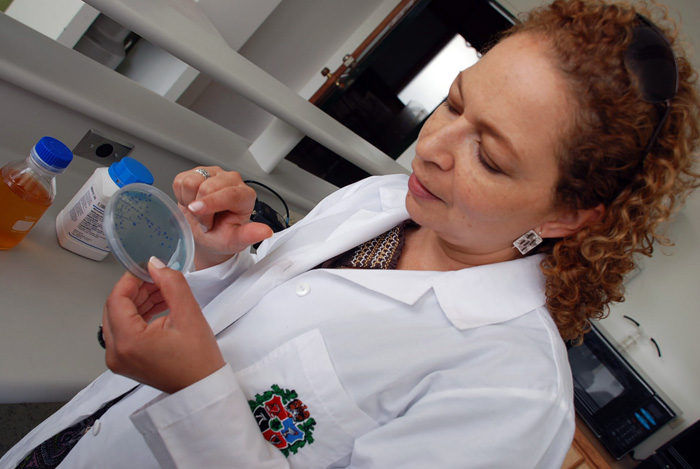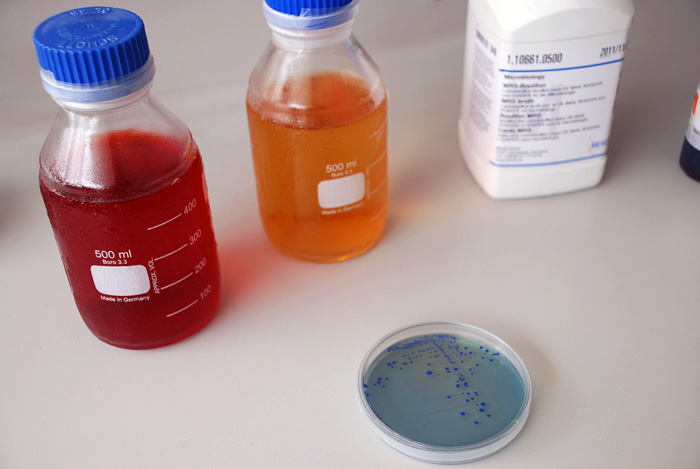"There was a common belief that microorganisms were just polluting pathogens that deteriorate food. Fortunately, most of today"s consumers are aware that some species of microorganisms improve and transform the qualities of the food itself and bring nutritional value, as is the case of lactic bacteria present in yogurt", stated the Manizales UN professor Sneyder Rodriguez Barona.
Investigators from the UN explained that the reason why they chose to produce a snack, it is because is a striking product that holds children"s attention, whom are affected by a high incidence of diarrheal diseases caused by malnutrition and bad habits in food preparation.
They also wanted to create an alternative to probiotic yogurts, since the amount of people suffering from lactose intolerance increases from day to day and it is important to diversify the food with probiotics, knowing that they are healthy and contribute to fight against the growth of pathogenic microorganisms in the body.
Then, when a kid opens a bag of this snack, he will find flakes of his favorite fruit, obtained by means of vacuum bio-impregnation of probiotic microorganisms in nibbles of freeze-dried fruit suitable to conserve probiotics as well as their original nutritional value.
Rodriguez Barona asserted that "after cutting sheets of the product, those are introduced into flasks filled with blackberry juice and microorganisms, which due to the food"s porosity and the vacuum impregnation"s technique, enter the sheet and remain there. Later, during the drying process, the sheet is dehydrated but the nutritional components are not damaged and the bacteria remain viable".
So far the first part of the investigation has given good results; the microorganisms grew as expected inside the extracts of fruits, even in the case of blackberry, which has a low pH.
Tests with apples and strawberries are expected to be successful very soon because these are known for having a very good porosity, a characteristic that makes them suitable for the project"s goal.
Likewise, the number of present microorganisms in the freeze-dried sample, which can"t be lesser than 106 bacteria per gram, will be evaluated as the norm suggests.
Rodriguez Barona emphasized: "We will also use an electronic microscope to verify the presence of microorganisms within the fruit. Subsequently a series of tests will help us determine the product"s life span and its consumer acceptance".
Sedes
 Correo Electrónico
Correo Electrónico
 DNINFOA - SIA
DNINFOA - SIA
 Bibliotecas
Bibliotecas
 Convocatorias
Convocatorias
 Identidad UNAL
Identidad UNAL




